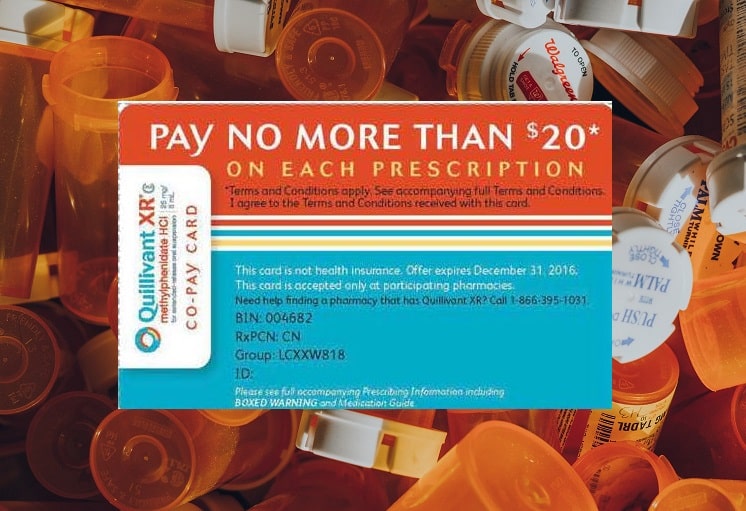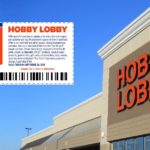
Imagine if you scanned a $1 off coupon at the register and it only gave you 50 cents off. Or you purchased a $5 item and were charged $20.
Four states say that’s essentially what happened when thousands of people purchased medications using coupons that didn’t save them nearly as much as they were led to believe.
Drug maker Pfizer has reached settlement agreements with the states of Arizona, Colorado, Kansas and Vermont, regarding drug copayment coupons that Arizona’s Attorney General says were “deceptively marketed” as offering greater savings than they actually did. The company has agreed to refund more than $260,000 to consumers who overpaid when using coupons to purchase one of three prescription medicines.
From at least 2014 through 2018, Pfizer offered printable coupons and coupon cards for Estring, Quillivant, and Flector Patches that said consumers would “pay no more than” a certain amount, like $15 or $20. The fine print, however, clarified that consumers could very well end up paying more than that amount – in some cases, much more.
“Although the coupons Pfizer provided included small-print terms and conditions that listed a cap on potential savings and noting that out-of-pocket expenses could exceed the ‘pay no more than’ amount listed on the face of the coupon, those terms were not listed clearly,” Colorado’s Attorney General said in a statement.
“Consumers frequently paid significantly more than the amount that appeared on the Pfizer copayment coupons because of limits on total savings that were not disclosed prominently,” Arizona’s Attorney General explained further.
The settlement agreements note that Pfizer began changing the text of its “pay no more than” coupons in early 2018, to read “pay as little as” the listed amount. But the company has been paying the price for its earlier wording. In 2019, Pfizer paid $975,000 to the state of Oregon to resolve a similar dispute, and $700,000 to New York state a year later.
“Pfizer misled customers by promising a low copay for prescription drugs – only to leave them with major bills at the cash register,” New York’s Attorney General said at the time.
Prescription drug coupons have long been controversial, even when they’re not “deceptive.” In a study published earlier this year, three Harvard University health economists said coupons for higher-priced brand-name drugs might lower consumers’ out-of-pocket costs, but those consumers ultimately pay the price. Buying brand names instead of their lower-priced generic equivalents ends up costing their insurance companies more, which can then results in higher insurance premiums.
As a result, the researchers estimated that prescription drug coupons “raise negotiated prices by 8% and result in just under $1 billion in increased U.S. spending annually.”
For now, Arizona, Colorado, Kansas and Vermont are happy just to return several thousand dollars to some of their residents. Colorado state law “protects consumers from misleading practices, like those of drug companies issuing these coupons but not following through on their promises,” Attorney General Phil Weiser said in a statement, adding that the state will continue to “hold companies like Pfizer accountable for not living up to their promises or hiding critical terms in hard-to-read fine print.”
If you’re one who was overcharged, the settlements say there’s nothing you need to do. You should receive a check in the mail from the state within the next several months. And the next time you use a coupon to buy your medications – you won’t have to wonder what you’ll actually be charged at the checkout.
Image sources: Arizona Attorney General’s office / Haley Lawrence on Unsplash












